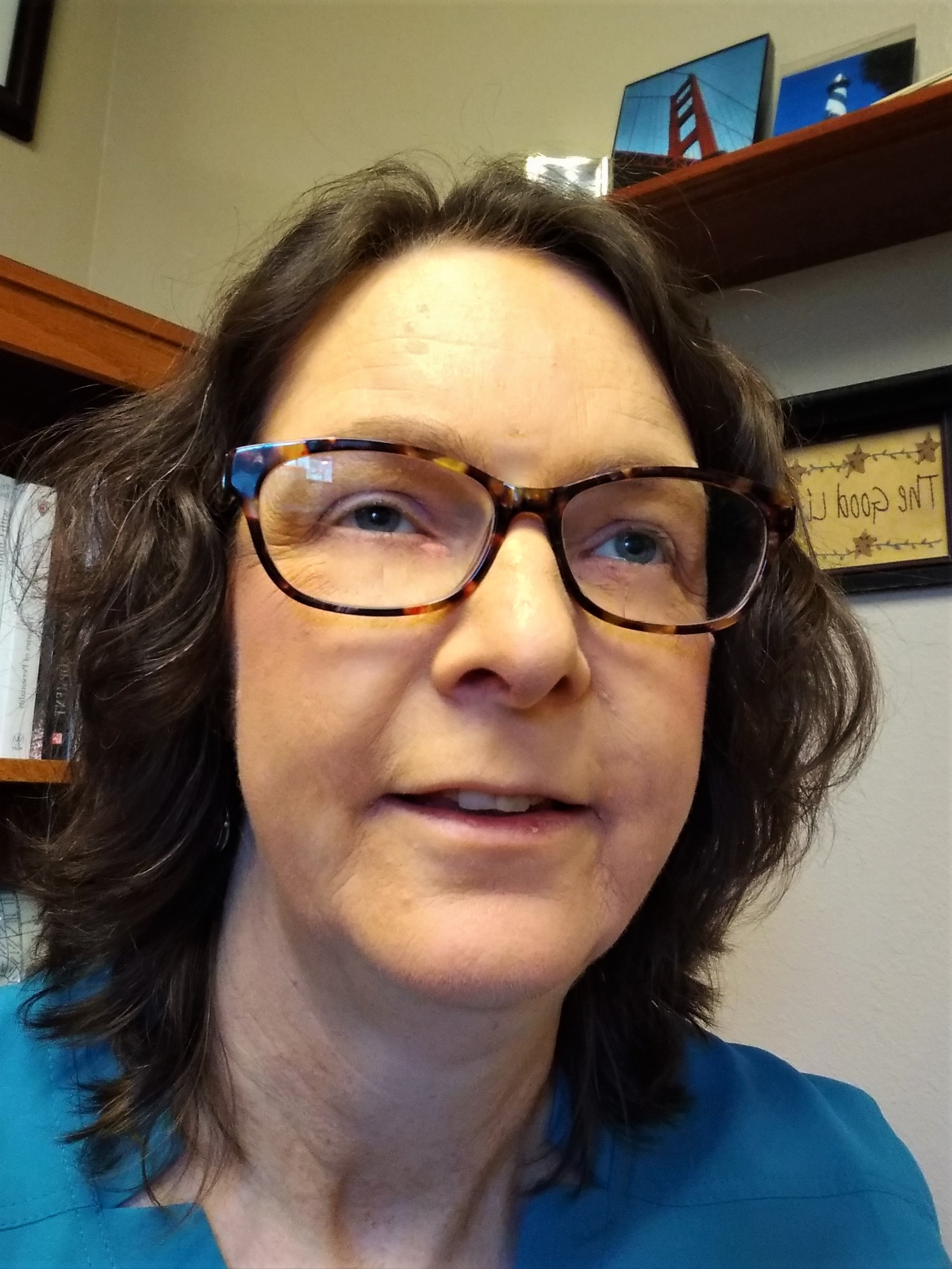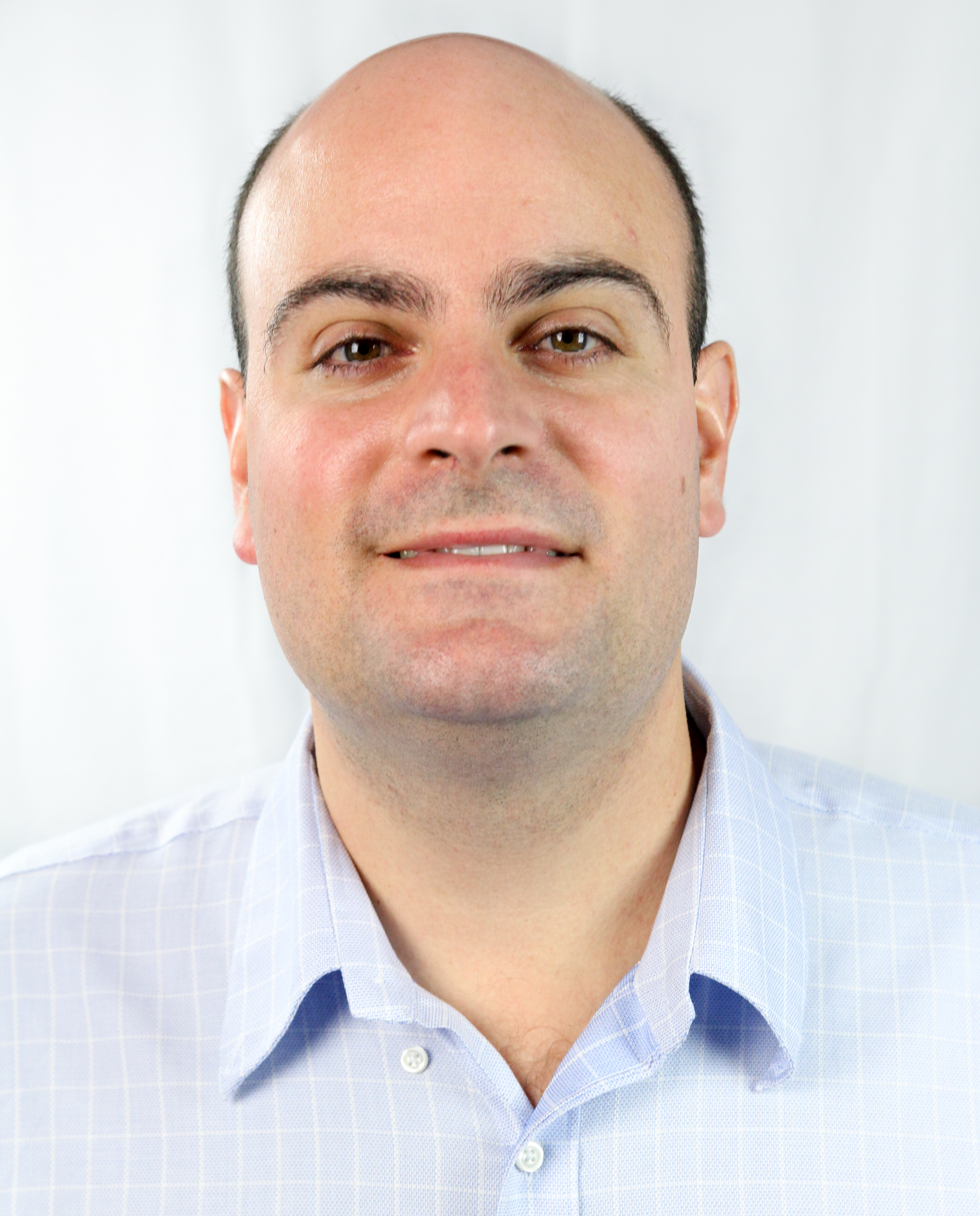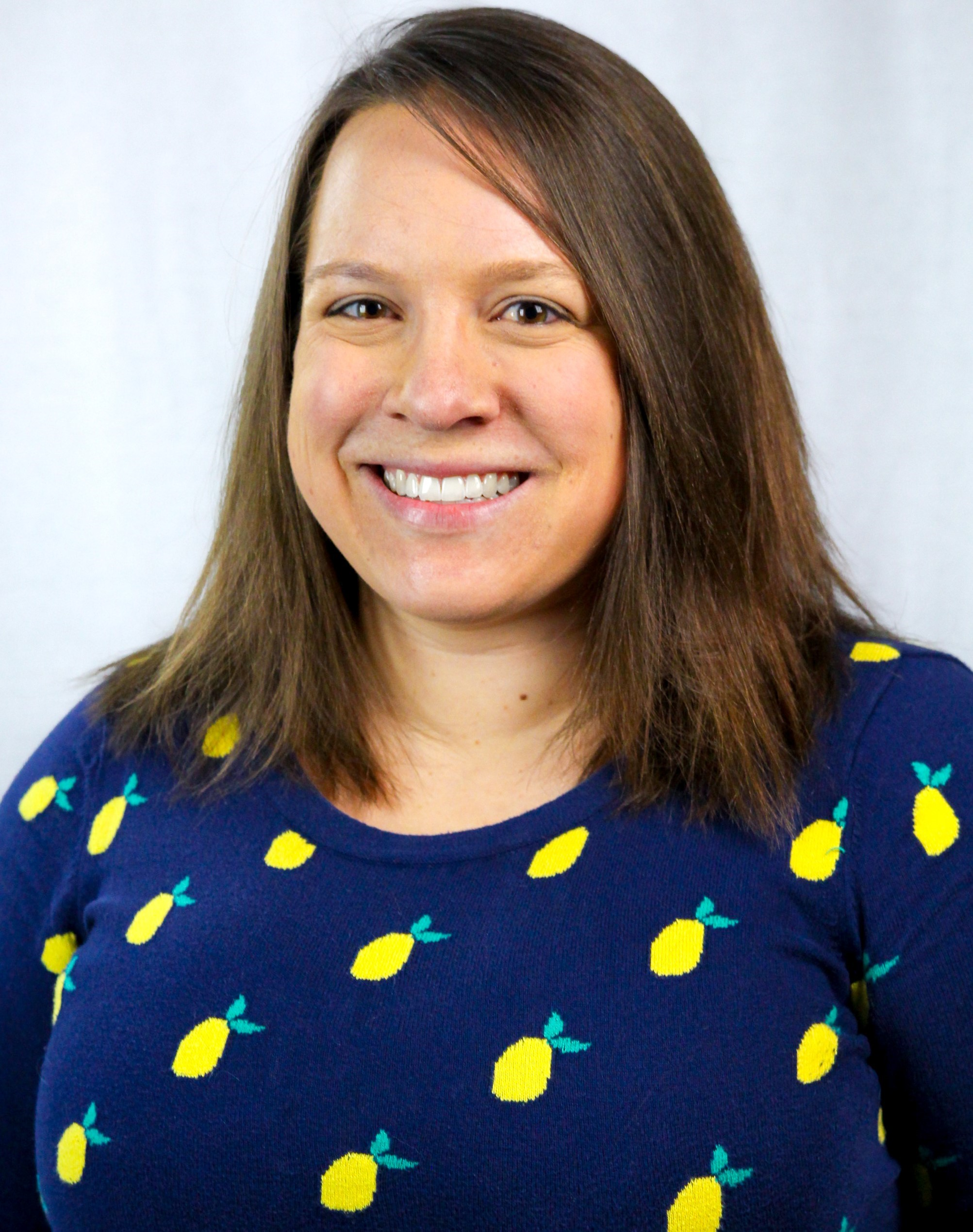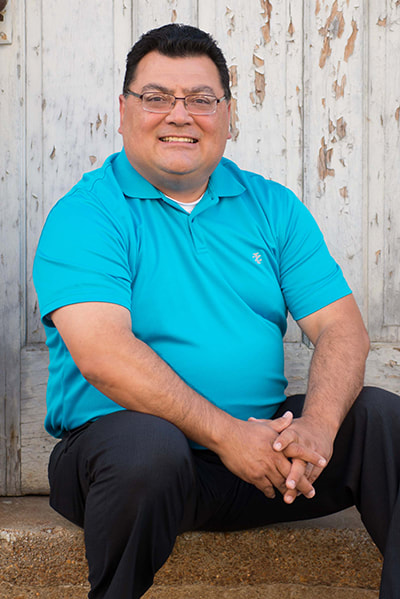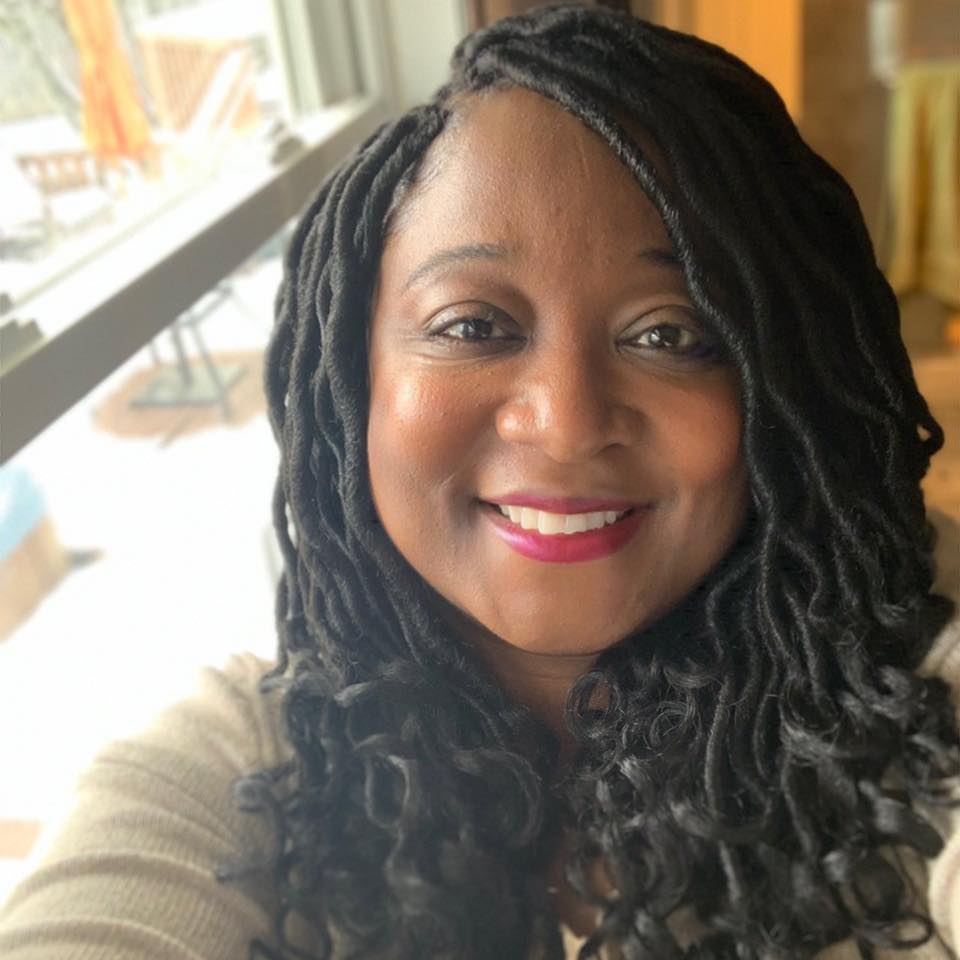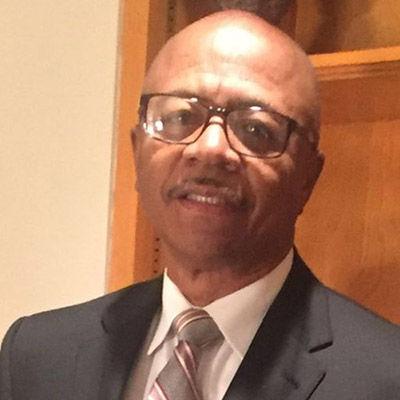Speaker(s):
Adriatik Likcani, PhD
Allison Rayburn, PhD
Ryan Peterson, PhD
Presentation: What is wrong with MAT? What is wrong with faith-based approaches? What is wrong with evidence-based treatment? What is wrong with recovery support services? This session will help you find the answers to any of those questions! This is a session about ethics, values, morals, personal worldview and professional acculturation in the practice of treatment and recovery support for opioid use disorders and other substance use disorders. Participants will learn about the ecology of substance use treatment and recovery support and issues that arise with scientific discovery such as evidence-based practices and effective interventions, medication assisted treatment/recovery, integration of faith-based approaches, etc. Such contemporary issues tend to challenge the stability of any professional and require of them to affirm or resist change. They will learn models of working through dissonance and finding a new stability. They will identify external and internal influences that impact their emerging worldview, personal and professional acculturation. Discussion with participants will be based on morals, values, sources of power and influence in the acculturation process, and the ethics of providing value-sensitive care and due care to individuals and families struggling with opioid use disorder and other substance use disorders. This presentation is ethics beyond the ‘typical’ topics of dual relationships and abuse of power with clients. It is about us as professionals and our personal worldview and professional acculturation.
Objectives:
- Discuss how participants can use existing Codes of Ethics, including AAMFT, NBCC and NASW, to inform and reflect upon their personal worldview and professional acculturation
- Identify personal lenses that cause dissonance among professionals in their practice
- Recognize professional acculturation process through the ecology of substance use treatment and recovery support approaches
- Identify issues that threaten status quo of the helper, prompt resistance or create dissonance, and require them to find a new professional stability
- Learn and utilize models to apply in their professional development when facing contemporary ethical issues
- Utilize these models in their work with colleagues and supervisees at their agency

